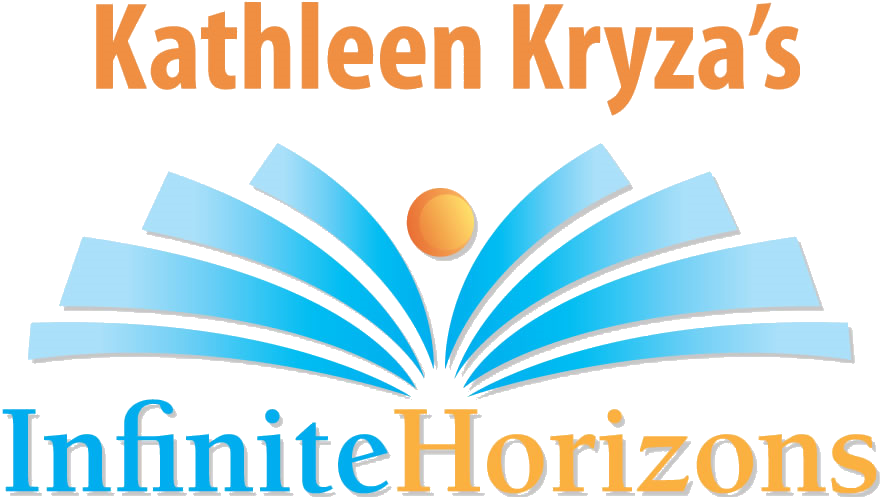“The more students are aware of their thinking processes as they learn, the more they can control such matters as goals, dispositions, and attention. Self-awareness promotes self-regulation.”
“Metacognition- that process of thinking about thinking and reflecting on one’s thinking does seem to be a big predictor of success: academically, socially, professionally..”
Metacognition: it’s a big, fancy word that teachers may toss around when speaking to our teaching peers, but how many of our students know what it means? And even more importantly, do our students know when they are using metacognitive strategies and can they monitor and adjust their use of strategies as needed? "To make an individual metacognitively aware is to ensure that the individual has learned how to learn" (Garner, 1988).
If we want our students to become resilient, life-long learners, and also meet the expectations of the Common Core State Standards (which requires students to have procedural fluency and competence, and also to have metacognitive proficiency.) we must intentionally and transparently teach them about metacognition and how to be metacognitive.
As we teach our students that Mindsets + Skill Sets = Results we are teaching them to become metacognitive learners who can thoughtfully reflect on their own learning.
Mindsets + Skill Sets = Results
For example, students are being metacognitive when they realize they are stuck in a fixed mindset and adjust their self-talk accordingly to move towards a growth mindset. Likewise when they can recognize and apply a skill set or strategy as needed to complete the task at hand they are flexing their metacognitive muscles. "Specific knowledge will not be as important to tomorrow’s people as the ability to learn and make sense of new information,” (D. Gough, 1991).
This month Infinite Horizons is pleased to share numerous free resources to help you deepen your students’ and your knowledge of and proficiency with metacognition. We have created an introductory lesson plan on metacognition, a poster for your classroom wall, a metacognition chart/bookmark for you to use with your students during follow up lessons. The more you are intentionally and transparently model, teach, and practice being metacognitive with your students, the more masterful your students will become. "I think therefore I am." (Descartes)
Article Credits: Michele Leip, with Kathleen Kryza
For more information about teaching skill sets and helping students develop growth mindsets with your students, check out our Infinite Horizons Book Store.
We also have numerous helpful free resources online.
Remember to regularly check our website, Facebook, and Twitter for updates.
